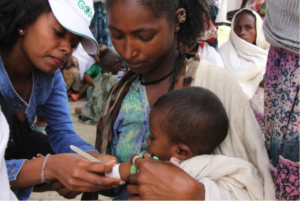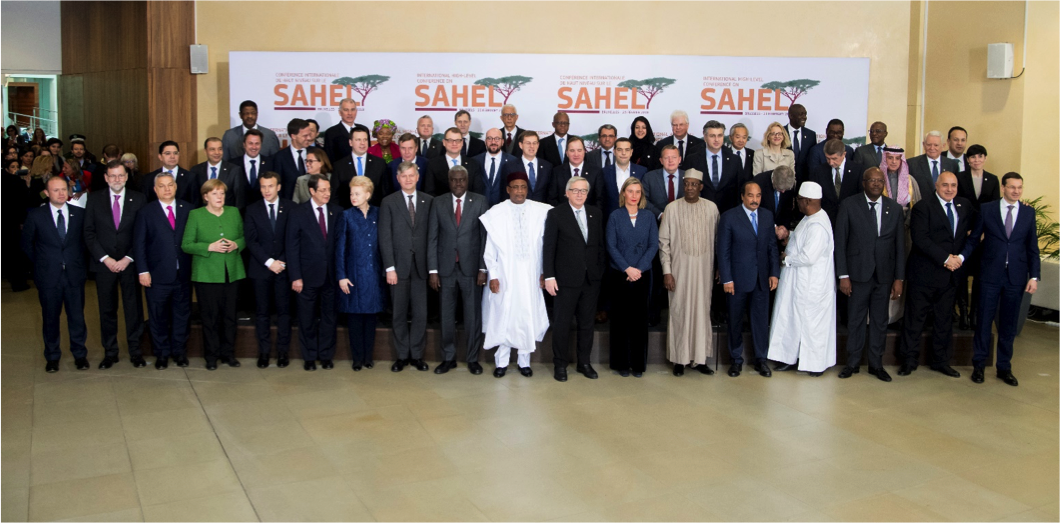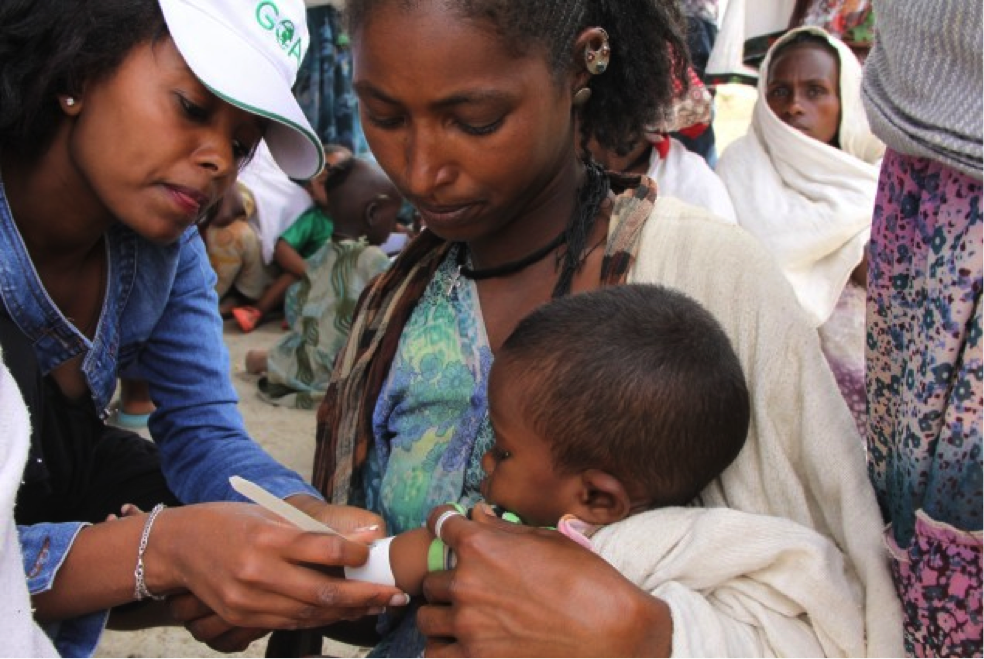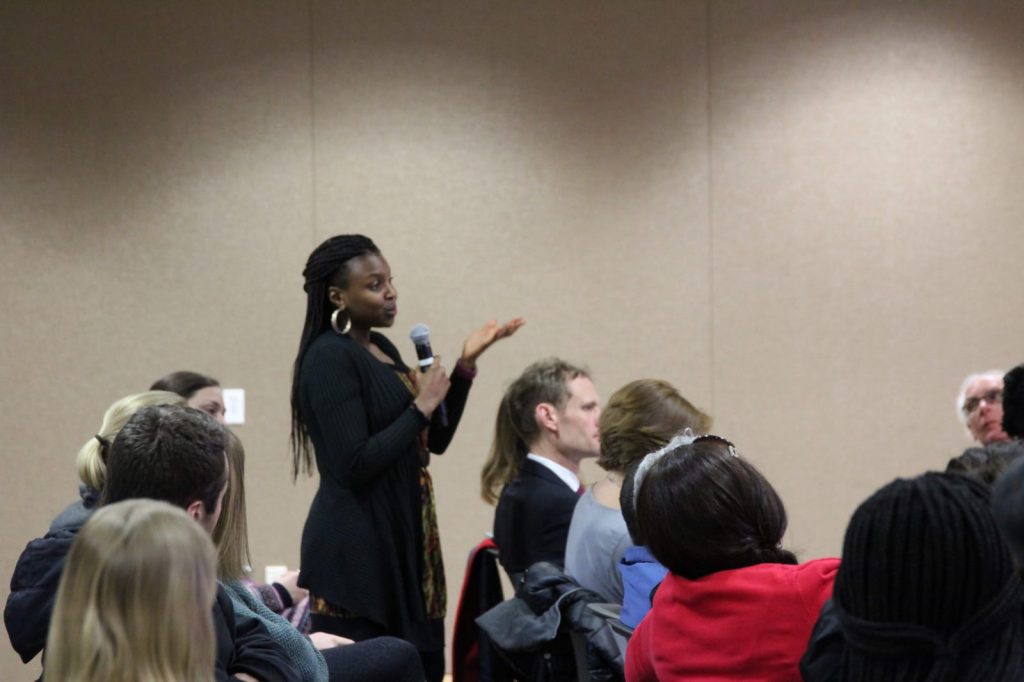
The Weaponization of Famine is a Losing Game in Tigray
This article explores the tactical and strategic incentives and disincentives for the use of famine in the ethnic conflict in Tigray, Ethiopia. Historically, Tigray has been a case study for how the intentional use of famine leads to increased instability and the revolt of an individual ethnic group against the central government. After examining the historical context and the modern-day political intricacies that ultimately led to the recent Tigray ethnic conflict, this article examines the tactical incentives and strategic repercussions of the use of famine by the Ethiopian federal government in the Tigray conflict—ultimately illustrating the consequences of the use of famine as a weapon of war in Tigray.






